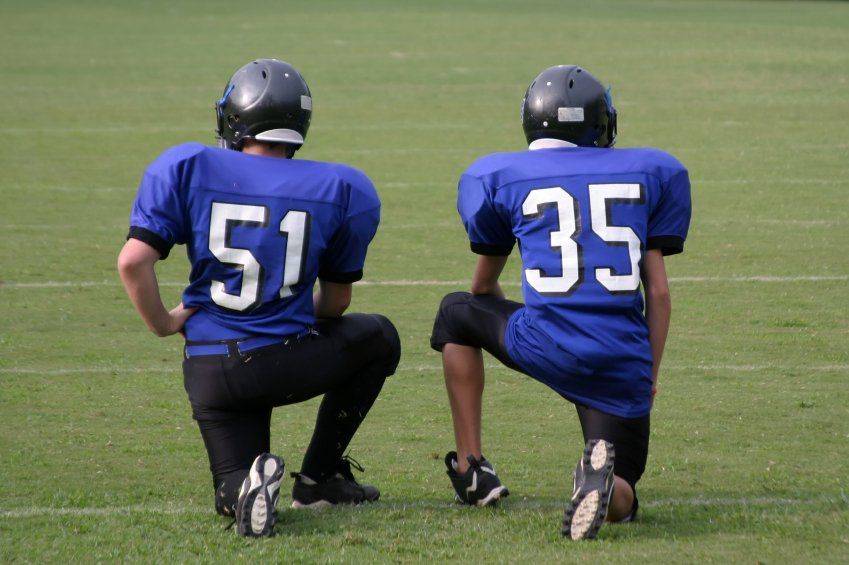
If you were to consider what student interns, delivery drivers, house and business cleaners, exotic dancers, and football players shared, you might be stumped to come up with an answer. The answer is that it’s not clear whether any or all of these kinds of employees fall under the blanket of protection offered by the Fair Labor Standards Act (FLSA).
The distinction is whether these individuals are employees or independent contractors. Without thinking carefully about the situation, an employee might lock himself or herself out of vital protections, like overtime pay.
The law isn’t entirely clear on how to classify these employees. An employee, in this context, would be classified as someone working specified assigned hours and wearing a “uniform” of some type. In some ways, you could see that football players and exotic dancers might seem to fit the bill for an employee, but then again, are they?
To take it a step further, think about a mattress delivery man. Does he own his own truck and get paid per delivery, like an independent contractor, or is he an employee of the broader company because he adheres to its schedule and wears its uniform?
Who Counts?
The situation gets even trickier when you think about football players who attend college. Are they technically employees of the school because they wear a specific uniform and show up on the school’s schedule for games? A recent statement from the National Labor Relations Board regional director in Chicago seems to argue that football players are school employees. The director said that the players are not just students who happen to play football, but employees of the school that fit the bill for being able to unionize.
The distinction in this case was made because the football players put in way more time practicing and playing football – including training and traveling to away games, ultimately increasing revenue for the school. When compared with the hours these students spent studying, regional director Peter Sung Ohr says that the students should really be considered school employees, affording them protection.
Why Does Classification Matter?
It goes beyond the overtime question, although that’s certainly important for many individuals. Companies are not required to contribute any funds to unemployment or workers’ compensation if the workers are actually independent contractors. There’s a tradeoff here, because many independent contractors enjoy their job flexibility and the potential for a higher hourly rate since the employer doesn’t have to contribute to the above-mentioned funds.
But there’s a lot to be lost if a true employee is misclassified as an independent contractor. He or she might not understand the difference and be expecting protections under the FLSA that aren’t really there. In the event of work termination or work injury, he or she is all on his or her own. Salaried employees, however, have the safety net of unemployment insurance and workers’ compensation coverage.
Federal Oversight
The U.S. Labor Department is getting more involved in the debate, since more lawsuits are cropping up about misclassification. As many as 20 cases currently involve classification of FedEx drivers, for example. Case law also seems unclear on how to treat graduate students, many of whom work on teaching assistantships. At Temple University, graduate students recently formed a union to represent their interests, arguing that their work for the university was not connected with their own role as students.
Unpaid interns are making their way onto the horizon, too, by arguing that their work is unrelated to their field and simply should be classified as work without pay. Charlie Rose even paid over $100,000 in a lawsuit regarding his unpaid interns several years ago.
References:
The post The Detail Devil: An Employee or Not? appeared first on Saenz & Anderson | Attorneys at Law Serving Aventura, FL and Miami-Dade County.


